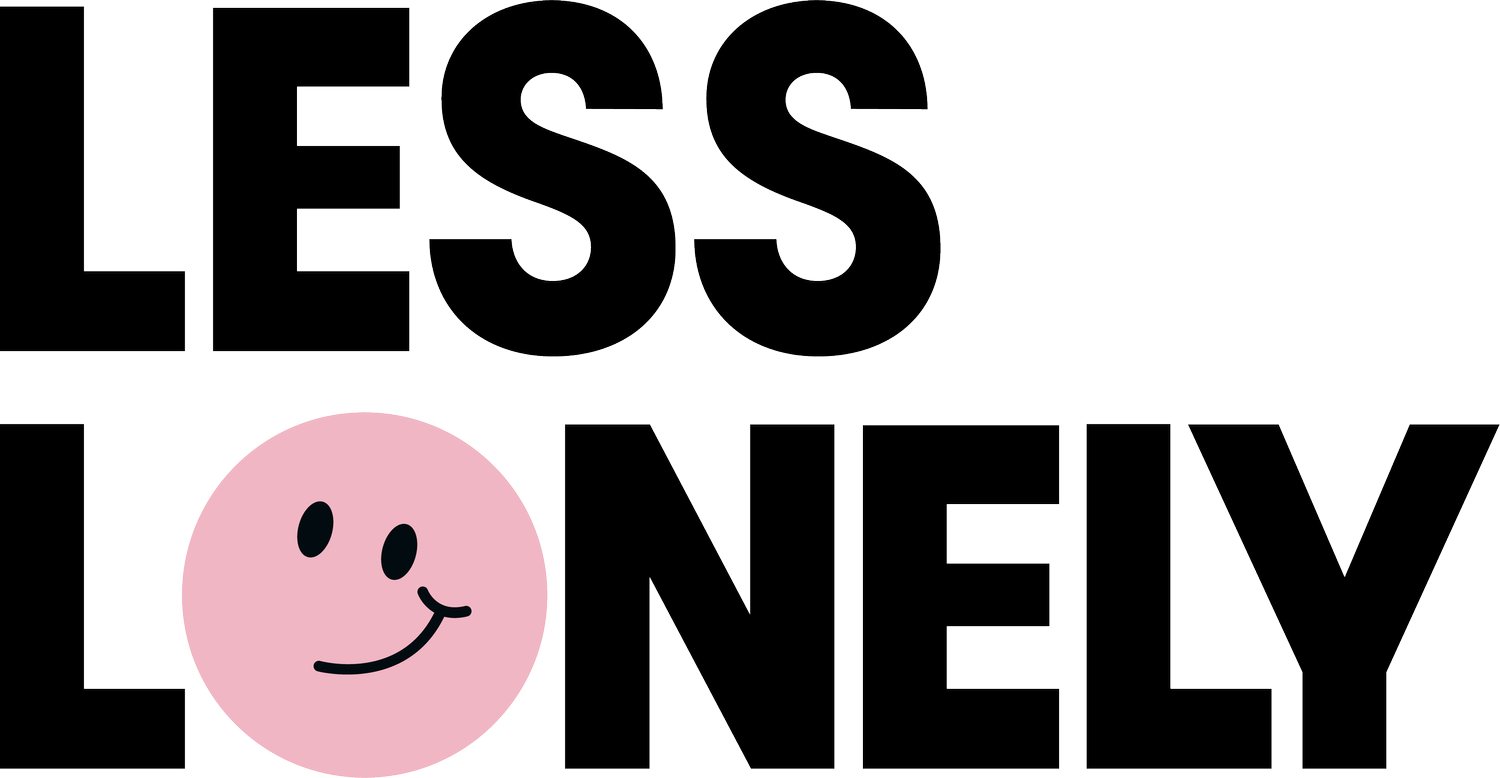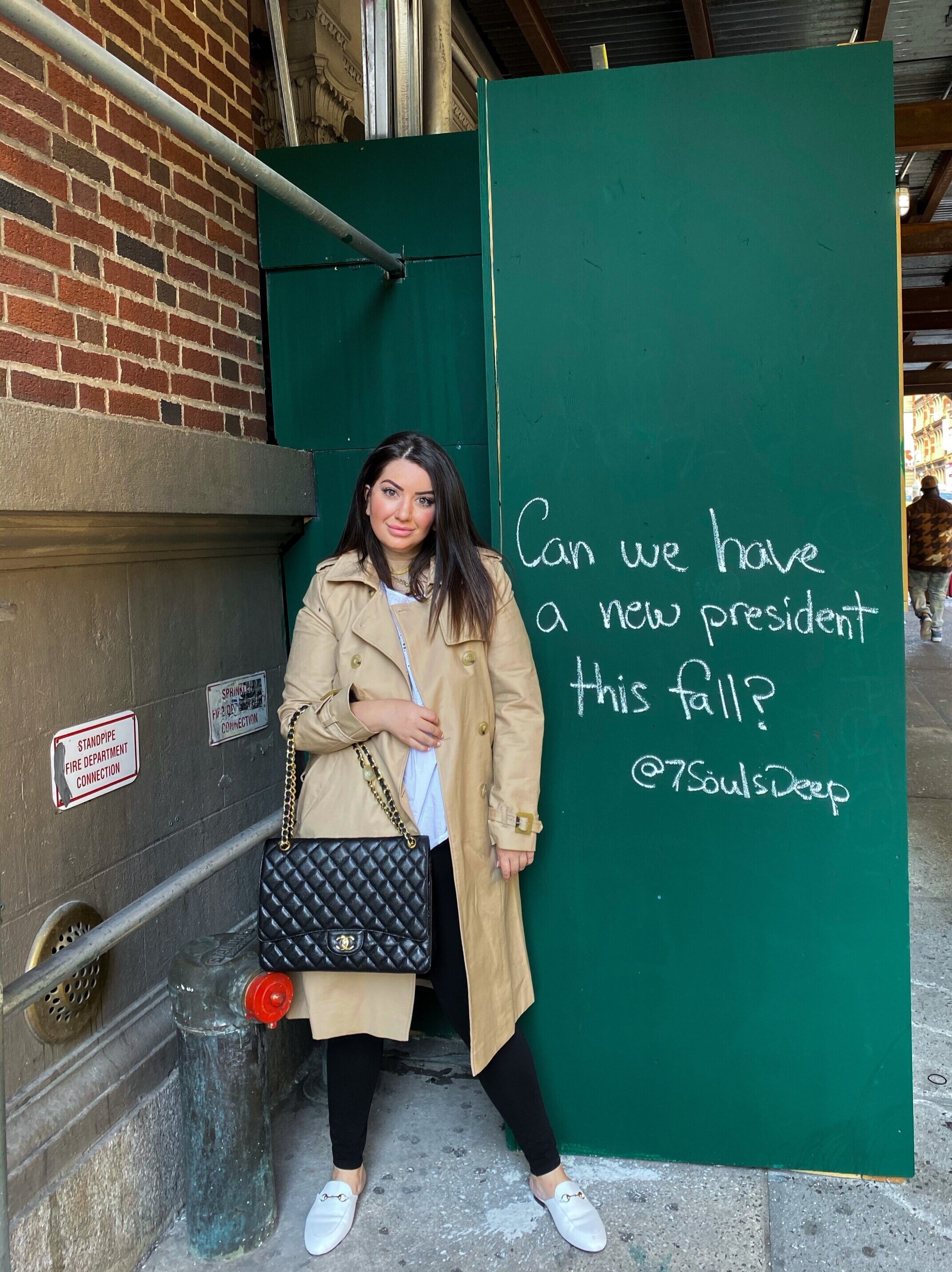Do You Have Election Anxiety? Ugh. Same.
Election anxiety: While it’s not an official diagnosis, many know it’s plenty real and have felt the effects, especially this year. Mental health professionals agree, saying they’ve seen a significant increase in typical anxiety symptoms (difficulty controlling your worry, restlessness and irritability, problems concentrating or sleeping, and even changes in appetite) tied specifically to the upcoming election.
It’s not hard to understand why so many of us are on edge: The injustices of George Floyd’s and Breonna Taylor’s murders, Black Lives Matter protests being sabotaged, the environmental crisis, and even how our leaders handled—or didn’t handle—the pandemic, have made many feel like this election is literally about life or death. And, for those in BIPOC (Black, Indigenous, and people of color) communities, many aren’t only stressed, but they also feel hopeless or depressed, according to Cindy Graham, PhD, a licensed psychologist and founder and owner of Brighter Hope Wellness Center in Clarksville, Maryland.
“I’ve heard friends and clients wonder if anything will actually change [with the election],” says Dr. Graham. “Our community has repeatedly been attacked, and the lack of validation for our lived experiences makes it very difficult to live within a society that is telling us our experiences are not actually real. Many BIPOC people are now bracing for impact and aren’t sure if they can take any more of this.”
While there is no one-size-fits all strategy to decreasing your anxiety, or even your depression, during election season, there are several approaches you can use to start eating, sleeping, and functioning better.
1. Set limits on the information you consume; de-stress whenever needed
With 24/7 news websites and social media platforms, our digital experience doesn’t just give us the information we need, it can completely hijack our time and emotions. Everyone’s ability to manage this is different, so the first step is an honest reflection of your news consumption: Is it helping or panicking you? Next, set appropriate limits, which could include where you get your news, how much time you spend consuming the news, or even when (hint: not right before bed or first thing in the morning). Then, create a list of healthy activities and supportive friends so you know what to do when you’re feeling overwhelmed.
“We all have a tendency to doomscroll, but we need to pace ourselves and say, ‘Okay, I’ve seen a snapshot, but I need to shut this off to maintain my own sense of inner calm,’” says Helena Plater-Zyberk, co-founder and CEO of Supportiv, an online platform that provides peer support 24/7. “Consider scheduling news consumption around relaxing activities. For example, read or watch the news for 15 minutes and then take a long walk so you balance a possible spike in anxiety with something that has the opposite effect.”
2. Focus on your “emotional fitness”
When it comes to our mental health, most of us tend to be reactive—we wait until a panic attack to do something about our anxiety. But working on your emotional fitness in advance can help you better manage your anxiety when it peaks.
“Think about your mental health like going to the gym,” suggests Emily Anhalt, PsyD, a psychologist, emotional fitness consultant, and the co-founder and chief clinical officer of Coa, a mental fitness community that hopes to reframe the narrative of mental health from being something done when we’re unwell to something done to maintain wellness. “How can you build your resilience muscles now when things are tough, but not as tough as they could get? This is a good time to begin therapy or join a support group to develop coping mechanisms, take up meditation or yoga, or even start journaling. If you start now and build an ability to use them as tools, they’re going to be more readily at your disposal when you need them the most.”
Coa’s online classes are a great way to start. They’re created/facilitated by licensed therapists and designed to be a community-based therapeutic experience. Their next live Q&A about political anxiety and the upcoming election will be on October 27.
3. Bring yourself back to the present, even when it seems impossible
Worrying about what could happen takes energy, and since the future is often out of your control, it leaves you feeling exhausted and upset about something you can’t do anything about.
“Years ago, someone I really loved was in the hospital—it wasn’t looking very good, and I was really anxious,” Dr. Anhalt recalls. “I asked a family friend for advice and he said, ‘Emily, the version of you that will deal with that painful truth, if and when it happens, does not exist yet. That version will be born into existence in that moment. You have to trust your future self because present you has not had the time and experience to learn how to handle something that hasn’t happened yet.’ I now advise clients that they shouldn’t try to master a reality that doesn’t exist. Instead, they should trust their future self.”
4. If you cannot take it anymore, disconnect and disengage
Not only is it okay to disconnect from social media, but there’s nothing wrong with completely tuning out the news if you need a break. Dr. Graham has witnessed friends and clients, including those in high-profile careers, fully disconnect from the news because even a small amount is too much for them to handle right now.
“Normally, I would recommend keeping your news consumption to a minimum and perhaps taking a break from social media for a few days. But now people are fully disconnecting and even uninstalling apps,” Dr. Graham says. “And, for people of color, don’t feel like you must take on the burden of informing others and engaging with them on social media. It’s okay to disengage, unfollow, or unfriend.”


